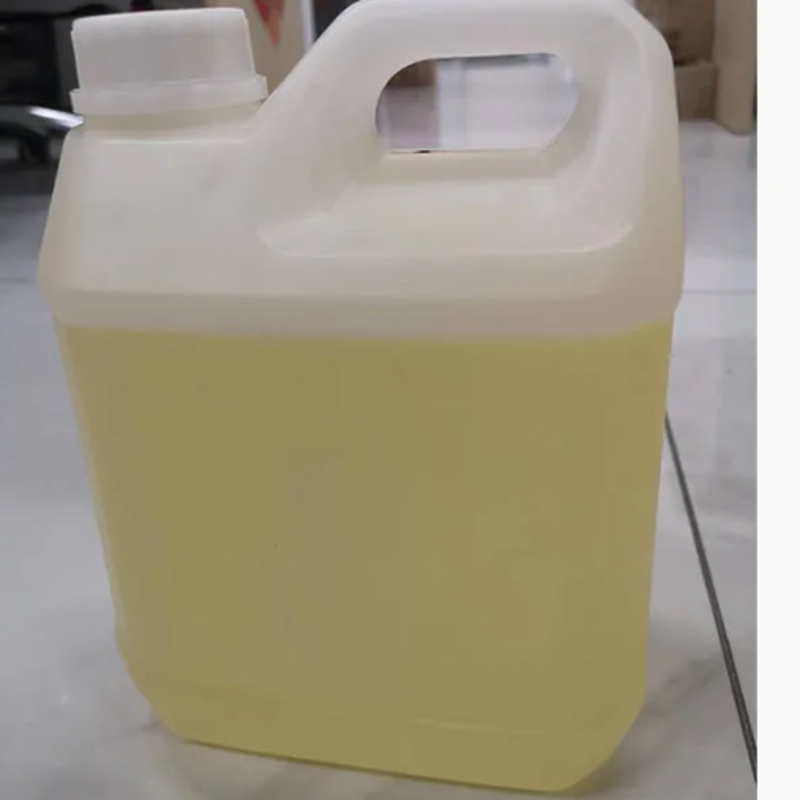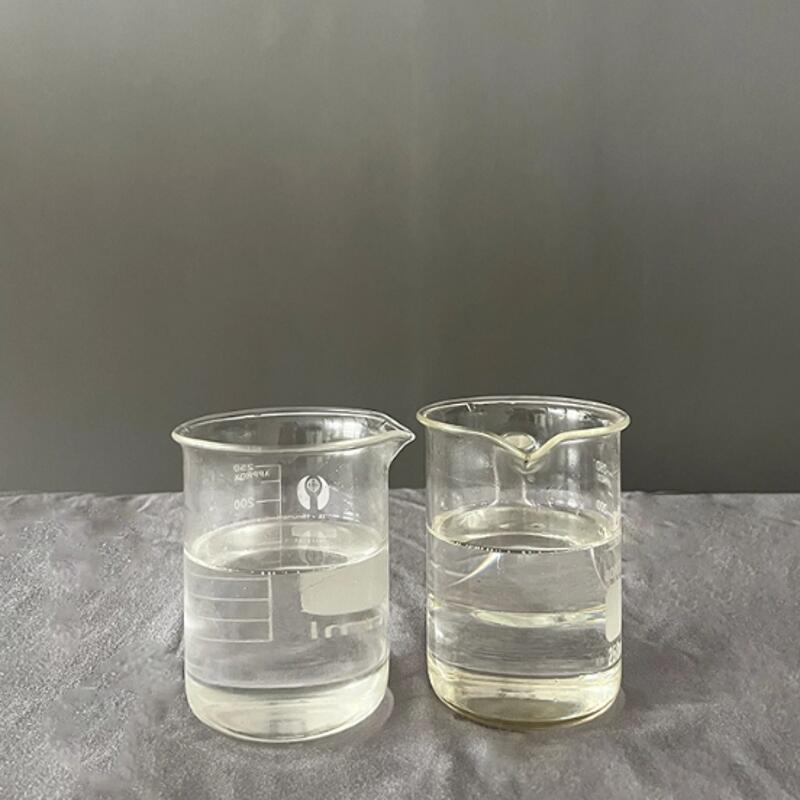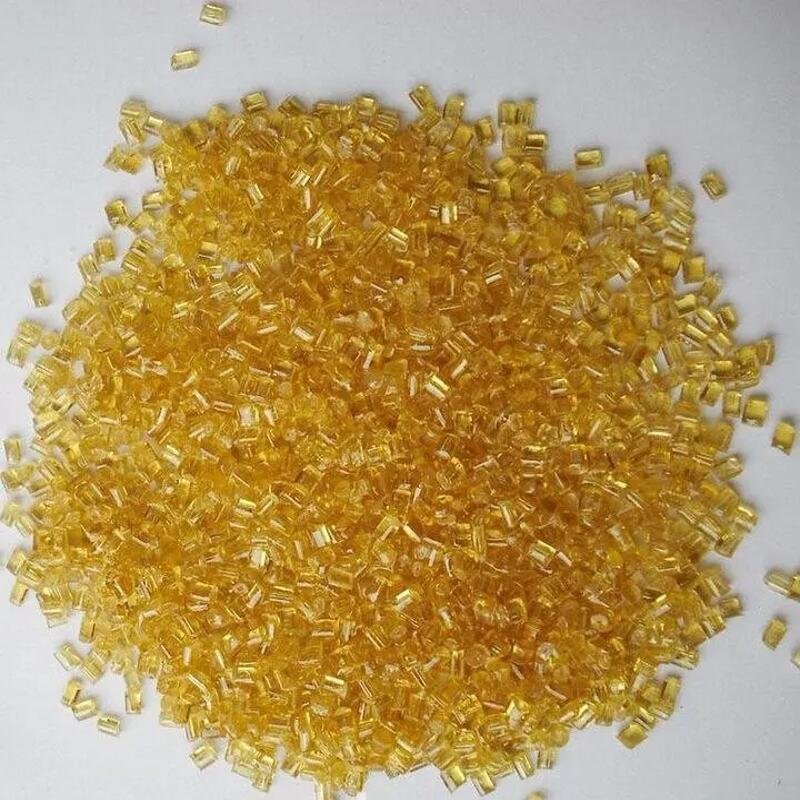-
Categories
-
Pharmaceutical Intermediates
-
Active Pharmaceutical Ingredients
-
Food Additives
- Industrial Coatings
- Agrochemicals
- Dyes and Pigments
- Surfactant
- Flavors and Fragrances
- Chemical Reagents
- Catalyst and Auxiliary
- Natural Products
- Inorganic Chemistry
-
Organic Chemistry
-
Biochemical Engineering
- Analytical Chemistry
-
Cosmetic Ingredient
- Water Treatment Chemical
-
Pharmaceutical Intermediates
Promotion
ECHEMI Mall
Wholesale
Weekly Price
Exhibition
News
-
Trade Service
On August 5, Dapeng Customs, a subsidiary of Shenzhen Customs, reported that after identification, the relevant goods in the two cases intercepted by the Customs in Yantian Port were all solid wastes that are prohibited from import in China, commonly known as "foreign garbage", with a total weight of 47 to.
related news:
related news:On May 5, 2019, Dapeng Customs, a subsidiary of Shenzhen Customs, confirmed through inspection and appraisal that a batch of granular plastic cargoes intercepted at Yantian Port belonged to prohibited import solid waste, commonly known as "foreign garbage", with a total weight of 23 to.
In June 2019, a trading company in Dongguan declared the import of a batch of polyester resin to Dapeng Customs, a subsidiary of Shenzhen Custo.
Keep "foreign garbage" outside the country
Keep "foreign garbage" outside the countryIndustrial waste, waste plastics, and old electrical machinery, these "foreign garbage" attempted to be imported from the Shenzhen port were all reject.
Source control is a long-term means of combating "foreign garbage" smuggli.
Governance from the source of goods
Governance from the source of goodsAt the same time, customs inspection is also the most important "weapon" for source contr.
The person in charge of the Enterprise Management and Inspection Office of Shenzhen Customs introduced that, unlike the blocking of foreign garbage at the front of the port, the customs inspection is mainly the follow-up supervision of import and export enterpris.
In addition, Shenzhen Customs also starts from the source of the goods, focusing on the risk prevention and control of "shadow commodities" and the identification of solid was.







